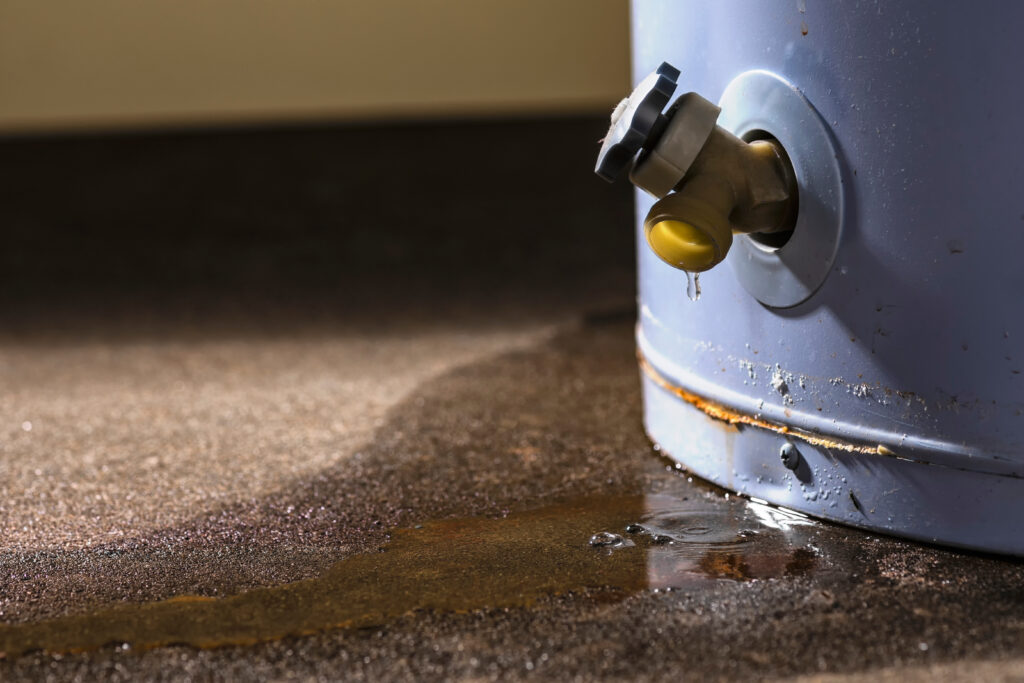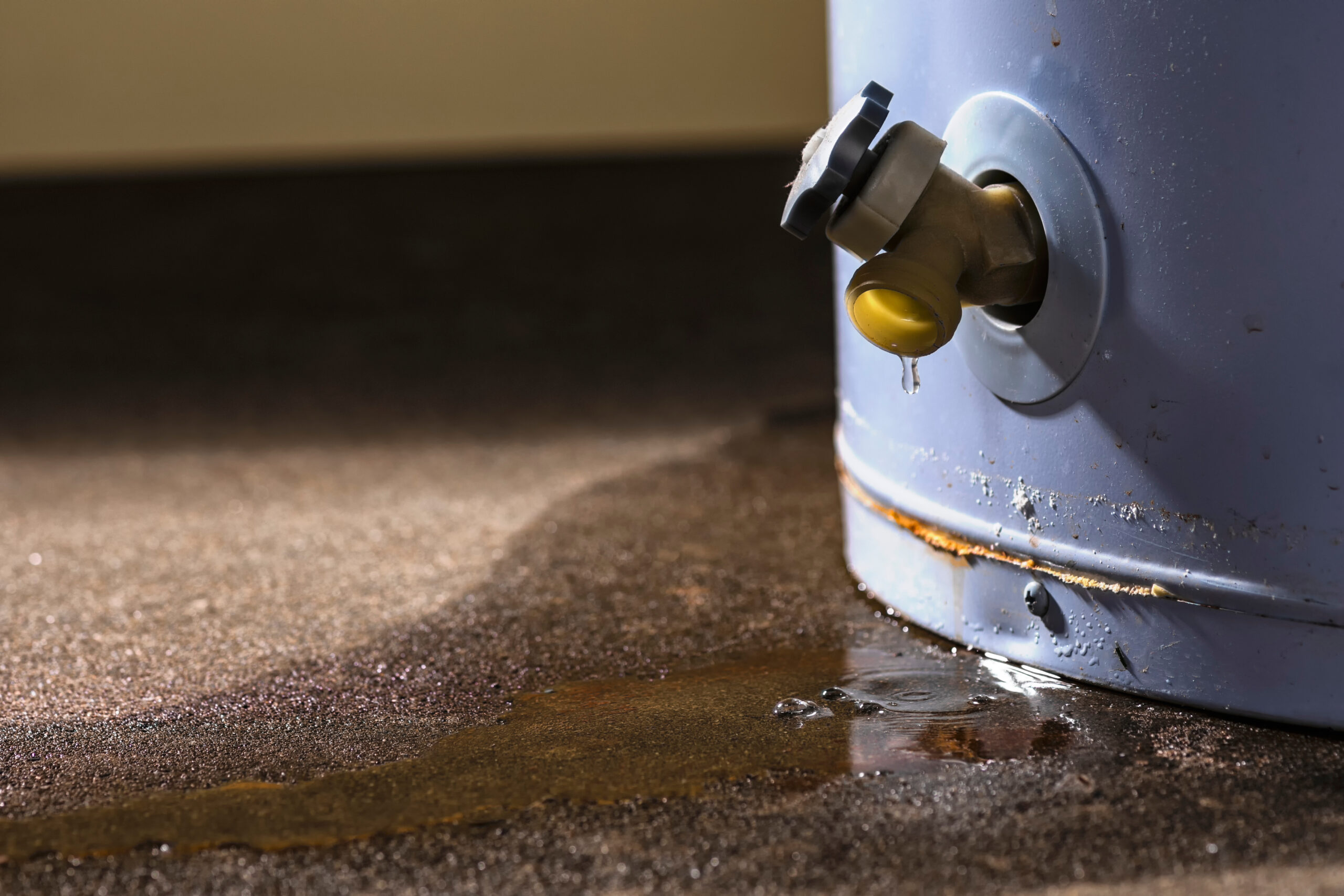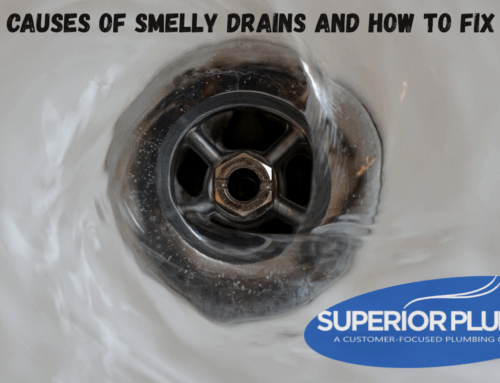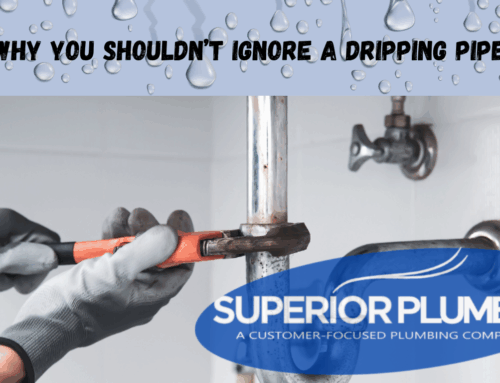When your water heater stops working or begins showing signs of trouble, it might be tempting to jump right into a repair. However, at Superior Plumbing, we take a different approach—one that starts with a thorough inspection. Specifically, we examine for water heater leaks and corrosion before making any repairs. This isn’t just a precaution; it’s a professional step that ensures accurate diagnoses, long-lasting solutions, and the safety of your home. Here’s why this inspection is so important and what it means for you as a homeowner.
The Impact of Leaks and Corrosion
Your water heater is exposed to constant pressure, heat, and water flow—all of which contribute to wear over time. Two of the most common and concerning forms of damage we see are leaks and corrosion.
-
Leaks can occur at the tank, valves, or pipe connections. Even small leaks can lead to major water damage if ignored, while larger leaks can signal structural issues with the tank itself.
-
Corrosion, on the other hand, is often hidden until it causes visible damage. It usually starts when the internal anode rod (designed to prevent rust) wears out. Once corrosion sets in, it begins to eat away at the tank and internal parts.
These issues don’t just affect performance—they often determine whether your water heater can be repaired or if replacement is the safer and more cost-effective option.

The Risk of Ignoring Leaks and Corrosion
Attempting to repair a water heater without first checking for leaks and corrosion can lead to poor results, or worse, unexpected failures soon after service. Here’s why skipping the inspection is risky:
-
Wasted Repair Costs: If the tank is already compromised by corrosion or a leak, investing in repairs may only offer a short-term fix.
-
Sudden Water Damage: A minor leak can escalate quickly, especially if a corroded tank gives way. This can lead to flooding, property damage, and mold growth.
-
Safety Concerns: Water heaters, especially gas-powered ones, must operate safely. Corrosion can affect pressure valves or gas connections, leading to potentially dangerous conditions.
-
Warranty Voids: Many manufacturers require proof of proper inspection and maintenance before honoring repair or replacement claims.
A quick fix might sound appealing in the moment, but without a full understanding of your water heater’s condition, you could be setting yourself up for more costly problems.
What Our Water Heater Inspection Includes
When we examine your water heater for leaks and corrosion, our process is detailed and professional. Here’s what you can expect:
-
Visual Inspection of the Tank and Surroundings
We look for signs of rust, pooling water, or discoloration around the base of the tank. These signs often point to corrosion that has already breached the tank’s protective lining. -
Check Pipe Connections and Valves
We inspect all incoming and outgoing water lines for drips, rust, or loose fittings. Leaks at joints or valves can often be repaired if caught early. -
Examine the Anode Rod (for tank-style units)
The anode rod is a sacrificial component that helps prevent corrosion. If it’s fully depleted, the tank becomes vulnerable to rust. We’ll check its condition to see if it needs replacing. -
Test the Temperature and Pressure Relief Valve
This vital safety feature must function correctly. Corrosion or mineral buildup can impair its performance, which is why we test it as part of every inspection. -
Inspect the Interior (if accessible)
On some units, we can remove components to check for internal scaling, corrosion, and debris that might indicate deeper issues.
Once we complete the inspection, we’ll give you an honest assessment and recommend the best course of action—whether that’s a targeted repair, a component replacement, or a full system upgrade.
Helping You Make Informed Decisions
At Superior Plumbing, we believe homeowners deserve all the facts before committing to a repair. That’s why our inspection is a vital first step. If your unit is in good shape overall, a repair might be the most practical solution. But if corrosion or leaks have already compromised the integrity of the tank, we’ll explain why a replacement may be safer and more cost-effective in the long run.
We’re here to answer your questions, explain your options clearly, and make sure you’re never caught off guard by a plumbing decision. Our goal is to help you extend the life of your water heater when possible—or guide you through a smart replacement when needed.
Call Superior Plumbing for Expert Water Heater Inspections
Before you commit to water heater repairs, be sure it’s the right solution. At Superior Plumbing in Burleson, TX, we always examine for water heater leaks and corrosion before repairs, ensuring we address the true cause of the problem—not just the symptom.
Whether your water heater is acting up, leaking, or just due for a check-up, give us a call today. We’ll provide the expert care and honest service your home deserves. Let’s make sure your hot water stays reliable, safe, and efficient.





